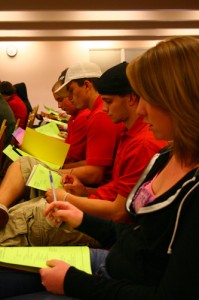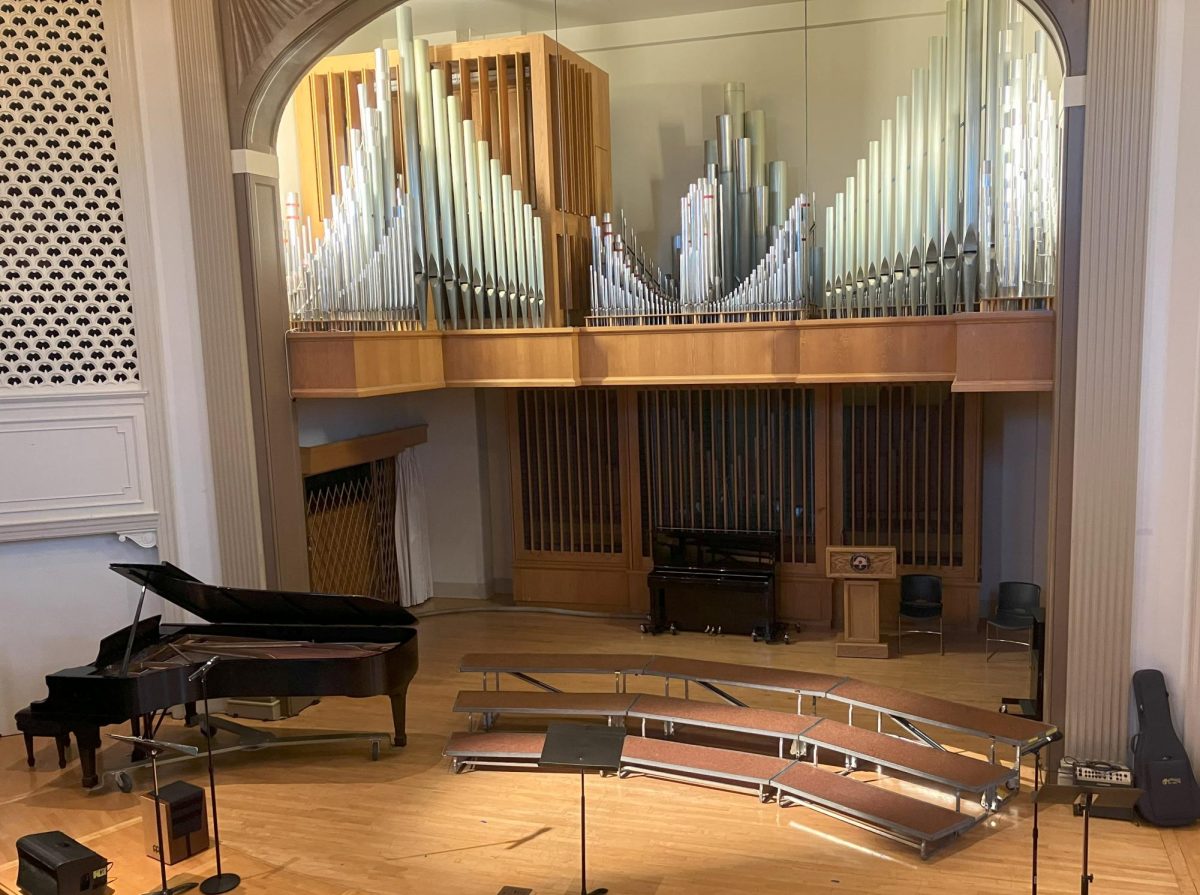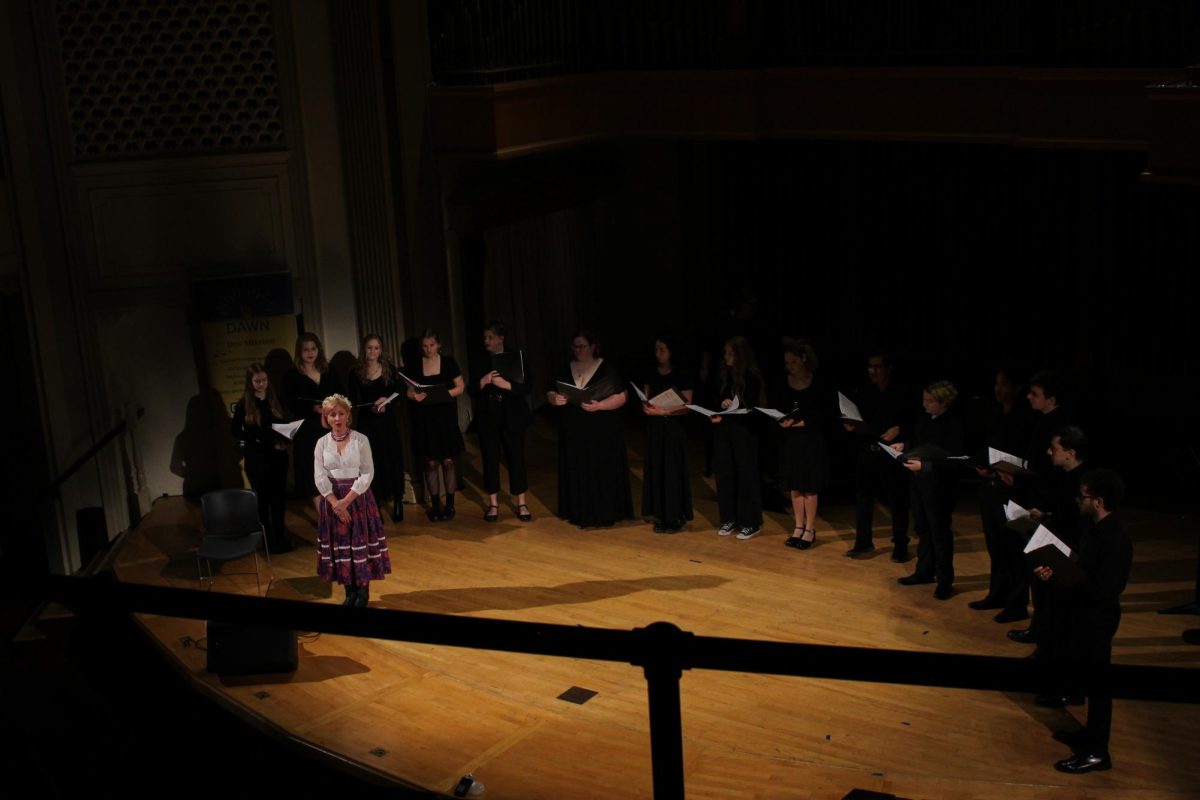Katie Armes
Review staff writer
The ASLC Senate convened for the first time this year Sept. 22. While this meeting was an informal introduction to the procedures and purposes of Senate, ASLC hopes to integrate new measures to increase Senate’s efficiency this year.
ASLC Vice President Rafe Rafahi said he has two goals for Senate: making Senate time-efficient and focusing more time on issues that need the most attention.
“The Senate tends to spend a lot of time on things that don’t need that much attention and less on things that do,” Rafahi said.
Senators, who represent clubs, Greek organizations and residence halls, are assigned to committees that focus on different aspects of campus life. This year there will be a new committee centered on safety concerns whose members will work directly with Director of Campus Safety Mike Dressel. Rafahi said this will improve communications between students and Linfield Campus Safety.
Senate also plans to install an automated student response system as a way to cut down on the time needed to take attendance and to vote at meetings. This small addition could make a difference in Senate’s ability to enact change, since it only meets for an hour every Monday.
Next week Senate will address Linfield’s policy on visiting hours.
Visiting hours were discussed last semester, but senators failed to collect enough constituency reports to vote on the issue.
Essentially, both students and senators are responsible for ensuring that the Senate successfully makes decisions and changes policies.
“I just think the problem is that people do not fully appreciate the importance of the Senate,” Rafahi said.
Even though Senate meetings officially started, all four senator at-large positions are still available. These students have to collect 30 signatures to become a senator, but are not required to represent any particular group on campus.
Senate normally distributes information about and votes on a variety of issues, including club budgets, residence life concerns and campus events. Senate also raises money for charity. Last year, $1,700 was donated to victims of the natural disasters in Myanmar and China.
Senators are also responsible for planning the budget of all clubs on campus, which go through the finance committee.
“The Senate will be able to take people’s ideas and make changes for the student body,” freshman Meghan Crowder, senator for Campbell Hall, said. “I’m only a freshman, but I would think that we could put into action things that students want to see on campus.”







